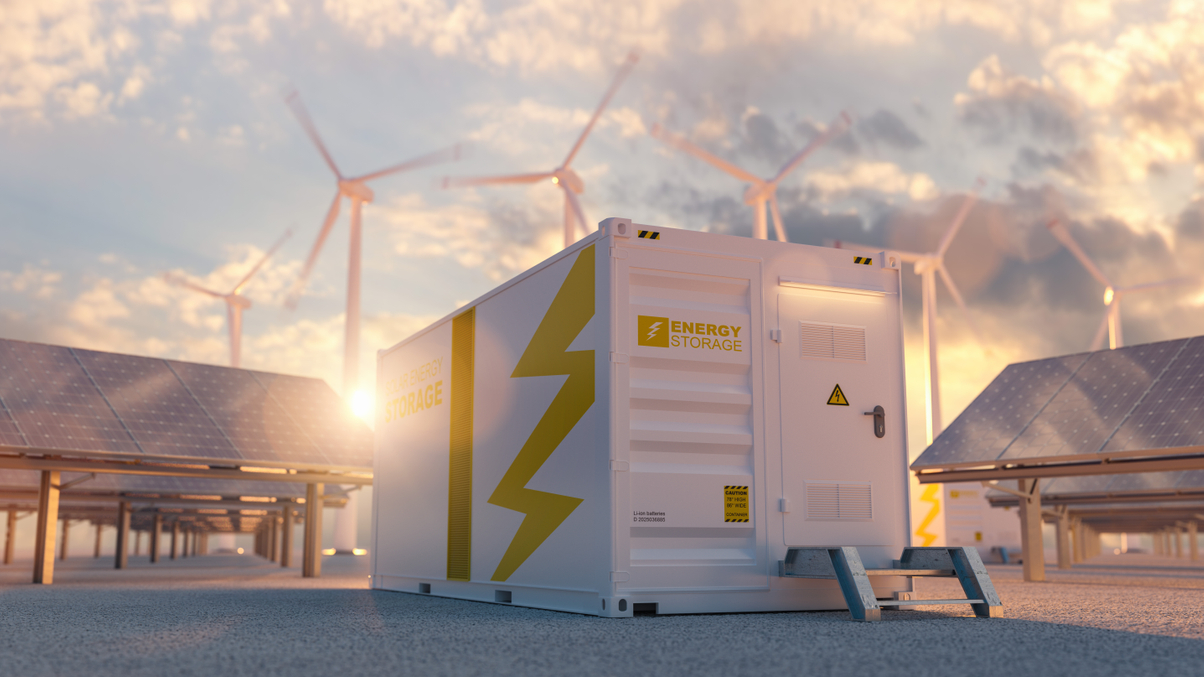Asia asset owners eye battery storage amid renewables push
The Rockefeller Foundation teams up with Bezos Earth Fund to catalyse private capital in Global South’s energy transition, while Ping An and Temasek also see opportunities in renewable energy storage.

Asset owners in Asia are picking up emerging opportunities in battery energy storage as the world races for renewable energy solutions.
Sign in to read on!
Registered users get 2 free articles in 30 days.
Subscribers have full unlimited access to AsianInvestor
Not signed up? New users get 2 free articles per month, plus a 7-day unlimited free trial.
¬ Haymarket Media Limited. All rights reserved.


